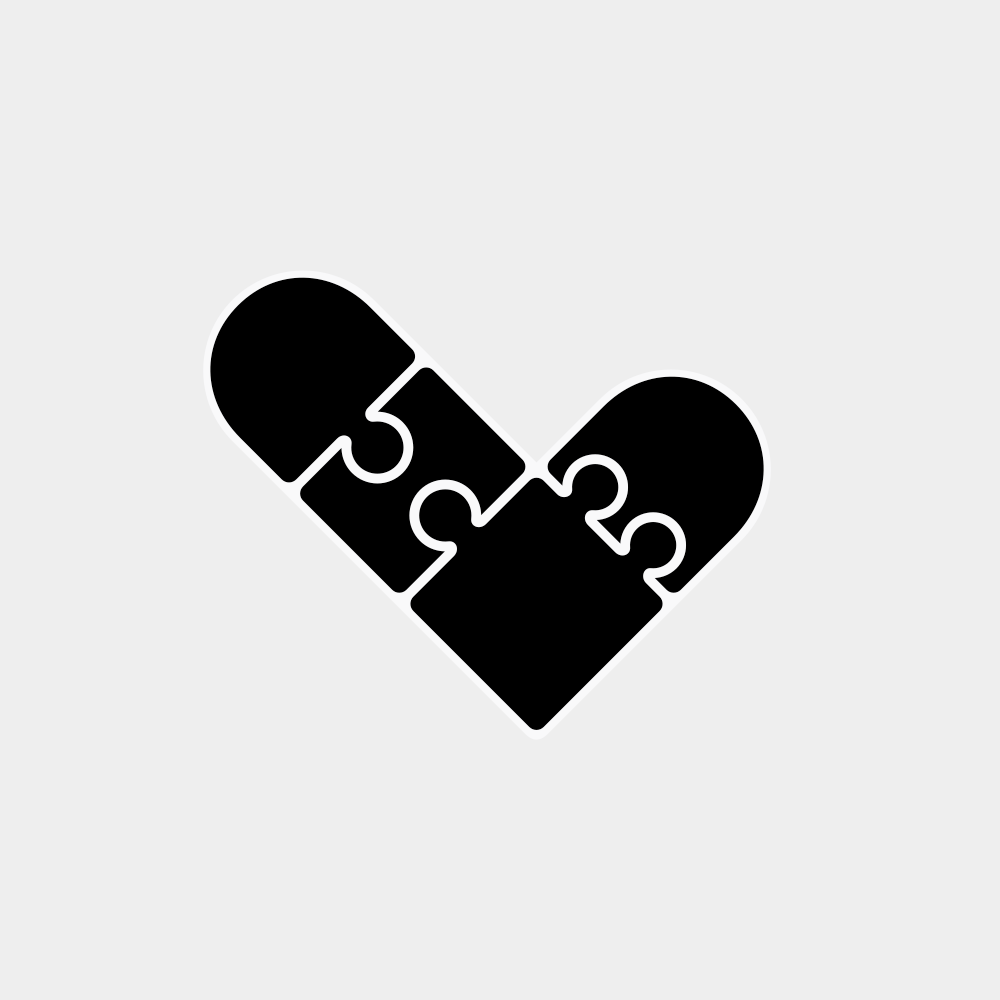Applying note-taking reflexes to making music
I have been satisfied with various versions of my productivity trinity since the late 2000s: developing reflexes to note things down as they occur, put them where I'm likely to encounter them again, and deal with them at the appropriate moment; this served me well for to-dos, writing, programming, and most of my personal projects. Since acquiring my first iPhone 3G in 2009, with the ability to record voice memos that can be synced to the computer, I hoped my system would naturally extend to music at some point—it didn't, until 2022.
The problem was that I captured musical ideas and then didn't do anything with it afterwards, lacking the 'organize' and 'purge' phases of the trinity. Part of this has to do with the tools (first, Apple's Voice Memos app, then, my own Quick Record) as they are not designed for much other than capture: you need to export and move ideas to another app in order to organize or expand them. Although there are plenty of apps for music production or developing musical ideas, I also got stuck on the (perhaps programmer-minded) idea of trying to turn each audio fragment I record into some kind of abstract 'module' that can be incorporated in various projects—musical Lego blocks, each with their own ID number, perfectly encapsulated from any specific context—and although this might be achievable, and perhaps even useful, it requires the labour of cataloguing and classifying, which makes the trinity complex: plausible with tens of ideas, less so with hundreds or thousands if you have other things to do. I ended up accumulating about three thousand recordings of singing, piano, guitar, ambience, noise, and nature, without 'turning them into something', and this is for lack of some way to let the ideas mingle together.
My ideal workflow would be something that lets you put groups of ideas together and lay them out in various ways. Although I generally avoid using spatial canvases to organize ideas, something like Muse would be super useful here, but then it would require switching apps to create something musical after organizing; wouldn't it be great to use that interface to organize the data of a different app? For now, I settled on the session view in Ableton Live, which I find spatially cramped (and unfortunately lacking any mobile or tablet interface), but it allows me to improvise and mash up musical ideas in a non-linear way and then easily move into a traditional linear timeline view afterwards; the interface enables a kind of serendipity which led me to create this jungle / drum and bass track after accidentally hearing two things that sounded nice together.
Focusing on a 'song' as the context or shelf (to lay down good, bad, related, and unrelated ideas) strangely makes the fragments seem easier to reuse and repurpose than when I tried to 'abstract' them away into isolated blocks: there's meaning to each song, and that meaning is memorable, which makes the ideas findable; in contrast, making a folder or project for each fragment lacks personal significance, which makes them fade away, effectively designed to disappear.
I'm excited to have finally—after thirteen years—figured out an approach that synthesizes my tendencies towards note-taking and organizing information with creating music. So far, the result of making music for Strolling is a growing album of short sketches, each with a different vibe. Perhaps one day I might even create my own tool that makes this process even easier.
